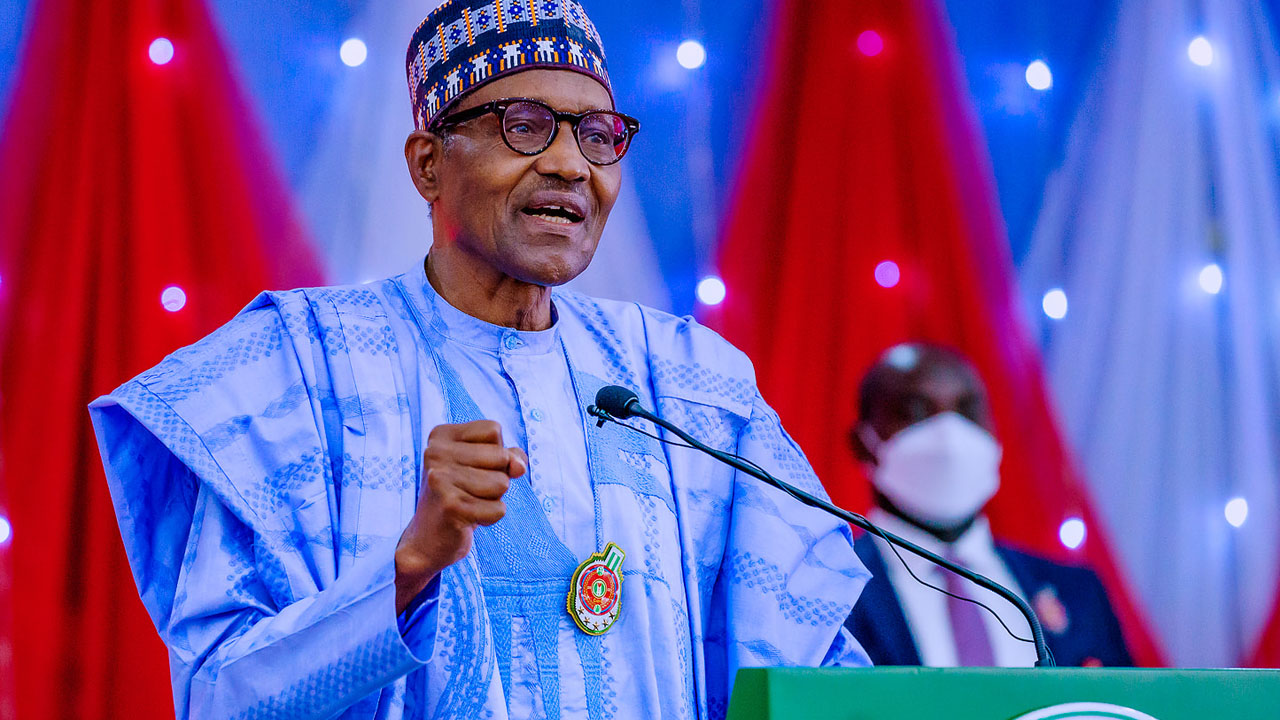Ramadan: Categories Of People Exempted From Fasting
On this week of ‘Did You Know’, We would be educating you on what Ramadan is all about and the people who are exempted from participating in the fast.
Ramadan is the ninth month of the Islamic lunar calendar and is considered the holiest month for Muslims. It is a time of fasting, prayer, reflection, and community for Muslims worldwide. The observance of Ramadan commemorates the revelation of the Quran, the holy book of Islam, to the Prophet Muhammad.
During Ramadan, Muslims fast from dawn (fajr) until sunset (maghrib), abstaining from food, drink, smoking, and marital relations. Fasting is obligatory for adult Muslims.
In addition to fasting, Muslims engage in increased prayer and recitation of the Quran during Ramadan. The nights of Ramadan are particularly special, with extra prayers called Taraweeh performed in congregation at mosques. Muslims also strive to engage in acts of charity, generosity, and kindness during this month, as these are considered significant ways to earn spiritual rewards.
Ramadan concludes with the celebration of Eid al-Fitr, a festive holiday that marks the end of fasting. It is a day of joy, gratitude, and community, where Muslims gather for special prayers, share meals with family and friends, and give charity to those in need.
Overall, Ramadan is a time of spiritual renewal, self-discipline, and increased devotion for Muslims, fostering a sense of unity and solidarity among believers around the world.
While most Muslims are expected to observe fasting during Ramadan, there are certain categories of individuals who are exempted from fasting or are not eligible to partake in fasting for various reasons. These categories include:
1. Children: Pre-pubescent children are generally not required to fast during Ramadan. However, some may start practicing fasting for a few hours a day to gradually prepare them for the full fast as they mature.
2. Elderly: Elderly individuals who are physically unable to fast due to health concerns or frailty are exempt from fasting. They may choose to feed the needy (fidya) as a substitute.
3. Pregnant or Breastfeeding Women: Women who are pregnant or breastfeeding and fear that fasting may harm themselves or their child are permitted to abstain from fasting. They can compensate for missed fasts by fasting at a later time or by feeding the needy.
4. Travelers: Those undertaking a journey during Ramadan, especially if it involves hardship or significant distance, are allowed to postpone their fasts and make them up later.
5. People with Health Conditions: Individuals with chronic illnesses or temporary health conditions that would be exacerbated by fasting are exempt. They can choose to feed the needy as a substitute.
6. Menstruating Women: Women who are menstruating are excused from fasting during their period. They are expected to make up for missed fasts later when they are able to.
7. Those Experiencing Extreme Hardship: People facing extreme circumstances such as illness, severe dehydration, or hunger are exempt from fasting. They may choose to feed the needy as a substitute or make up for missed fasts later.
It is important to note that while these categories exempt individuals from the obligation to fast, they are still encouraged to engage in other acts of worship and spiritual reflection during Ramadan.
-
Previous Post
Sango Fire Outbreak: Senator Sympathies With Victi..
-
Next Post
Ramadan: Senator Alli Urges Muslims Uphold Princip..






.jpg)











.jpg)


